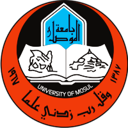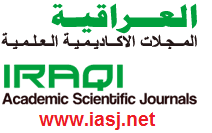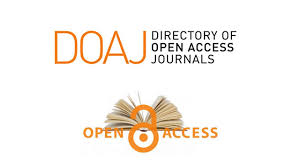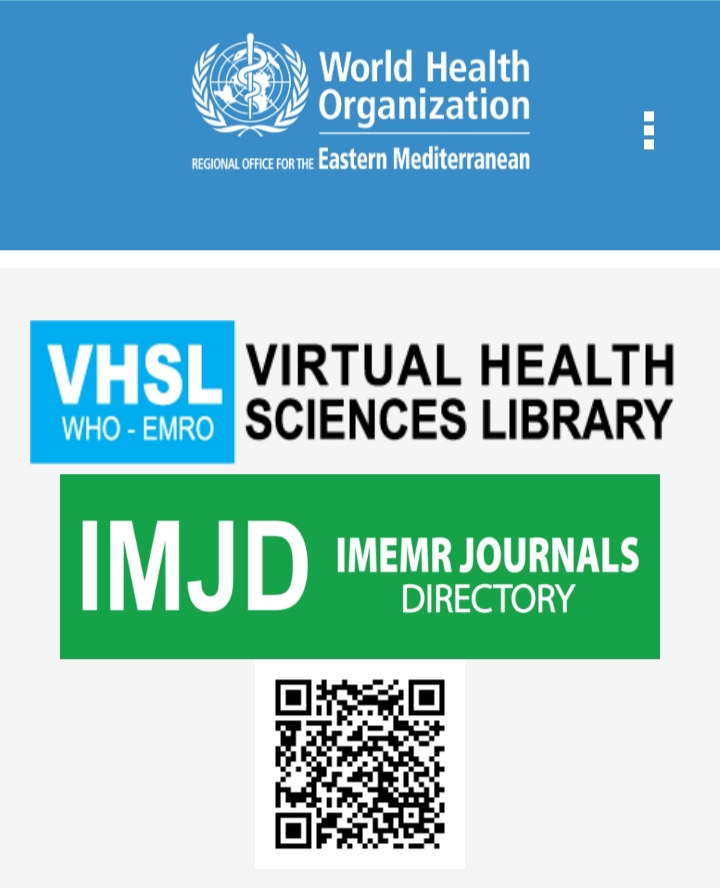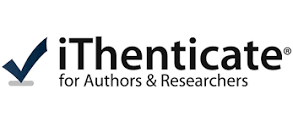Handling Allegations of Misconduct by Reviewers or Editors
At Al‑Rafidain Dental Journal, we are committed to upholding the highest standards of publication ethics. We recognize that misconduct can occur not only among authors but also within the editorial and peer review processes. This policy outlines our procedures for handling allegations of misconduct by reviewers or editors, in accordance with the principles of the Committee on Publication Ethics (COPE).
1. Scope of Misconduct
Misconduct by reviewers or editors may include, but is not limited to:
-
Breach of confidentiality of submitted manuscripts.
-
Misappropriation of ideas or data from manuscripts under review.
-
Failure to disclose conflicts of interest.
-
Inappropriate or biased peer review comments.
-
Undue delay in the review process for personal or competitive reasons.
-
Coercive citation or inappropriate authorship recommendations.
-
Undisclosed relationships with authors.
-
Any action that undermines the integrity, impartiality, or transparency of the editorial process.
2. Reporting Allegations
-
Allegations of misconduct by editors or reviewers should be submitted in writing to the Editor-in-Chief via [insert email/contact form].
-
If the Editor-in-Chief is the subject of the allegation, the report should be directed to the Editorial Board Chairperson or Publisher.
3. Preliminary Assessment
-
The complaint will be acknowledged within five (5) working days.
-
A confidential preliminary review will be conducted by the Editor-in-Chief (or an appointed ethics committee member if a conflict exists).
-
The aim is to assess whether the allegation has sufficient merit to warrant a full investigation.
4. Investigation Process
-
A formal investigation will be launched if the preliminary assessment supports the allegation.
-
The individual accused will be informed of the complaint and given the opportunity to respond in writing within 10 working days.
-
An impartial investigation panel (comprised of at least two members of the editorial board or an external ethics advisor) will evaluate the evidence.
5. Outcomes and Actions
Depending on the findings, appropriate actions may include:
-
A formal warning or re-training.
-
Removal of the individual from editorial or reviewer duties.
-
Retraction of affected manuscripts (if bias or misconduct affected the editorial decision).
-
Notification to affiliated institutions or professional bodies if warranted.
6. Transparency and Confidentiality
-
All allegations will be handled confidentially, and information will only be shared with individuals directly involved in the investigation.
-
The complainant and the respondent will be informed of the outcome.
7. Appeals
-
Any party may request an appeal of the decision by submitting a written request with justification within 15 days of notification.
-
Appeals will be reviewed by an independent ethics subcommittee or advisory group.
8. Commitment to Fairness
The journal ensures that all investigations are conducted fairly, promptly, and without prejudice. Our actions are guided by the principles of natural justice, objectivity, and COPE’s Ethical Guidelines for Peer Reviewers and Editors.
Article Removal (legal limitations):
In rare cases, there may be a need to remove an article from the online database due to specific legal limitations. Such situations may arise if the article contains defamatory content, infringes upon the legal rights of others, is the subject of a court order, or has the potential to pose a significant health risk if acted upon. In such instances, although the metadata, such as the title and author, will be retained, the full text of the article will be replaced or removed accordingly. This ensures compliance with legal requirements while maintaining the integrity of the database.
Article Withdrawal:
The withdrawal of articles applies only to Articles in Press, which are early versions of articles that may contain errors or have been accidentally submitted more than once. In rare cases, these articles may also violate professional ethical codes, such as multiple submissions, false authorship claims, plagiarism, or fraudulent use of data. If errors are identified in Articles in Press or if they are found to be duplicate publications or in violation of our journal's ethical guidelines, the articles may be "Withdrawn" from the Journal.
When an article is withdrawn, its content in both HTML and PDF formats is removed. Instead, a page is displayed stating that the article has been withdrawn in accordance with the Al-Rafidain Dental Journal's Policy on Article in Press Withdrawal. This page includes a link to the current policy document for reference.
Article Retraction:
The (RDENTJ) acknowledges that there are instances when articles need to be retracted due to violations of professional ethical codes, including multiple submissions, false claims of authorship, plagiarism, fraudulent use of data, or similar offenses. Retraction may also be necessary to rectify errors that occurred during the submission or publication process. The decision to retract an article can be made by its authors or the editor, based on guidance from members of the scholarly community, as this has been a longstanding practice in academic circles. RDENTJ is committed to adopting established standards and procedures for handling article retractions, ensuring transparency and adherence to ethical guidelines.
